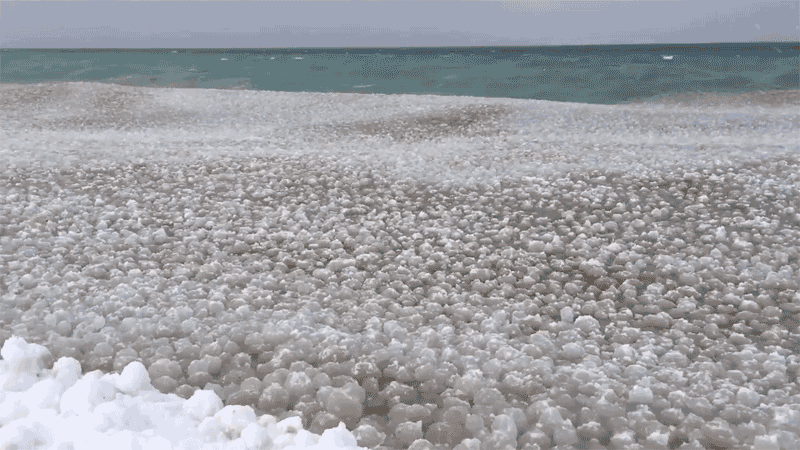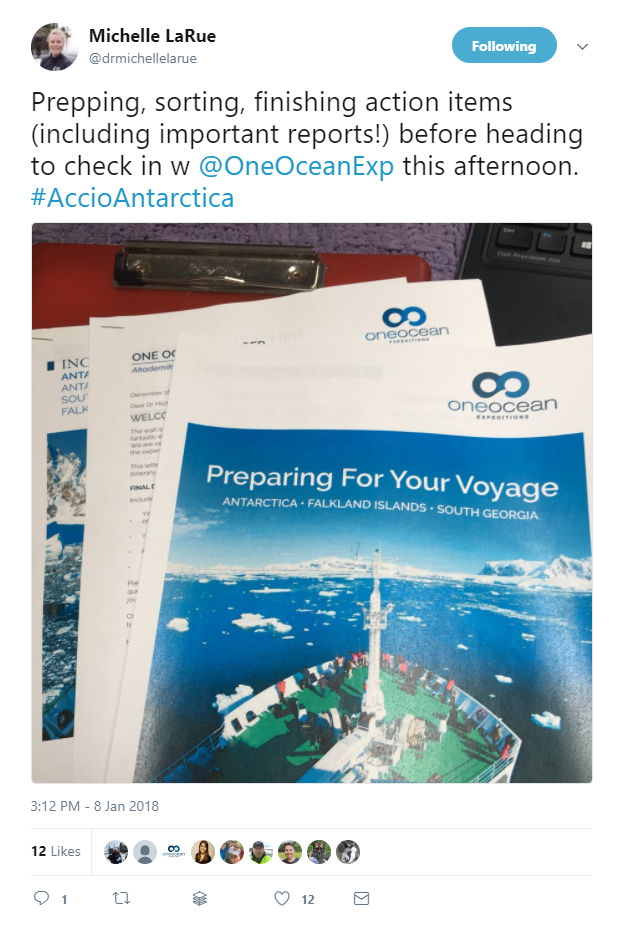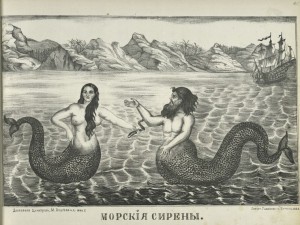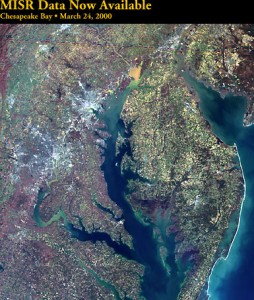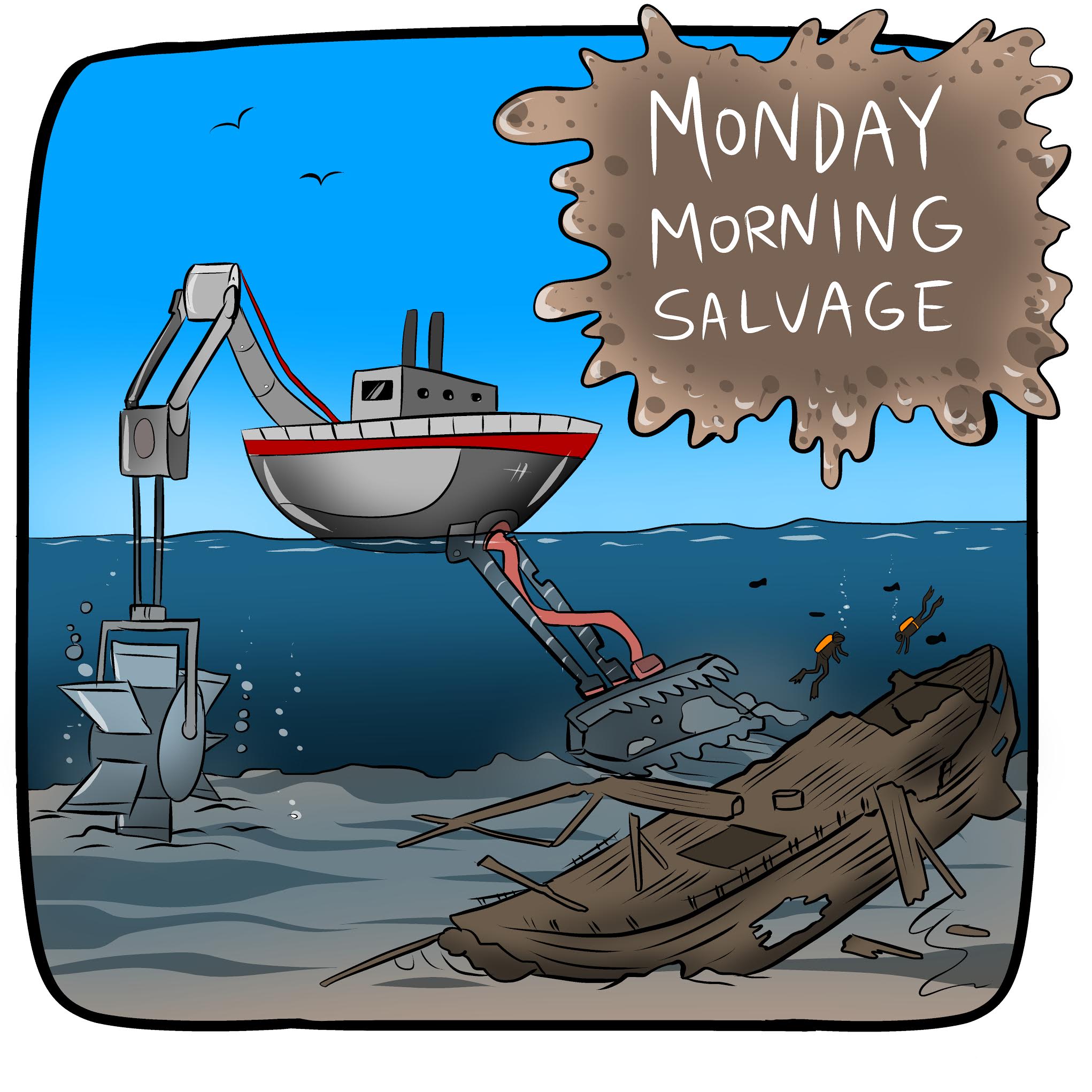
Fog Horn (A Call to Action)
- 2018 is almost certainly going to be a record year for FOIA requests. Learn how to do them right and get results thanks to Pro Publica: I’ve Sent Out 1,018 Open Records Requests, and This Is What I’ve Learned.
Flotsam (what we’re obsessed with right now)
- Dr. Michelle LaRue is off to Antarctica and you can follow along through the magic of Twitter. #AccioAntarctica!
- The Cinematic Legacy of Jacques Cousteau: The man, the myth, the legend, and his persistent influence on screen.
- Lake Michigan’s Latest Ice Ball Outbreak Was Incredible. Earther has the best GIF game in town.
